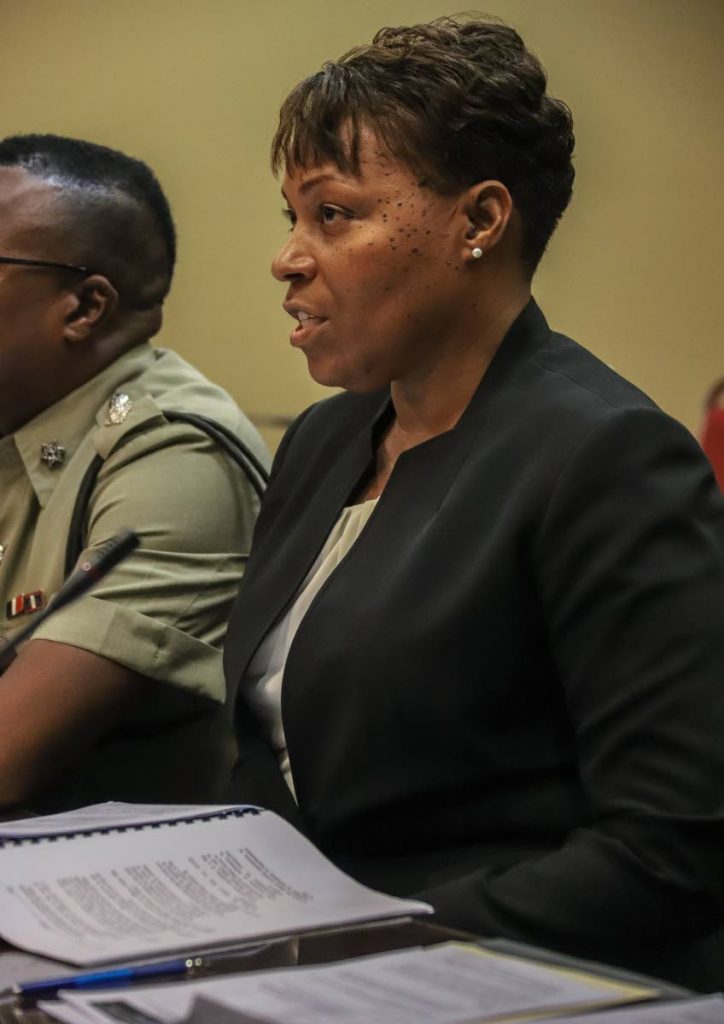Rethink sex education

TWO statements made last week suggest a need for a reconsideration of the government's hands-off policy regarding sex-education in the school system.
Acting Woman Superintendent Vena Butler of the Child Protection Unit told a Joint Select Committee on Social Services that after investigating more than 600 cases of teenage pregnancy, it was found that there were children who could not, with any degree of authority, identify the person who had impregnated them.
FPA coordinator Ava Rampersad told the committee the remarkable story of a child who was losing weight and admitted to her teacher that her parent had discovered she was sexually active and threatened to poison her food.
The unwillingness to discuss sex education formally in the school system has resulted in some dangerous social dynamics. Sport Minister Shamfa Cudjoe called for sex education in schools in November 2018, debunking the idea that teaching the subject would lead to “wild and reckless” behaviour among impressionable youth. There was probably never a time that position was tenable, but in this year, in this century, it’s a demonstrably foolish argument.
Abdicating an opportunity to educate children on the complexities of interpersonal relationships, of which sex is just one component, once left such curiosity to be explored in schoolyard old talk. The absence of comprehensive education on human sexuality from the school curriculum today does nothing to dampen youthful curiosity, which is likely to be satisfied online in uncontrolled and often harmful ways.
Cudjoe’s call echoed an earlier letter to Newsday from Dona Da Costa Martinez in September 2018 which called for TT to align with UNESCO’s goal to equip children with the “knowledge, skills and values to make responsible choices about their sexual and social relationships.”
Such ambitions are both laudable and necessary in an era in which children are being targeted on social media platforms with sophisticated grooming schemes designed to target their confusion and thirst for understanding.
Under existing TT law, children between the ages of 16 and 19 cannot access information on sexual reproductive health without the consent of a parent.
While the intent of that provision is clear – to ensure that parents are involved with their children's sexual maturing – barring children from an orderly, organised programme of sex education makes no sense when they can find wildly misleading, provocative or dangerously incorrect information in any web browser.
It also doesn’t help children whose parents are either unwilling or unable to talk openly about an admittedly delicate and complicated subject. While the State wrestles with the challenge of introducing this subject in schools, it must do more to improve access to age appropriate information for children.

Comments
"Rethink sex education"